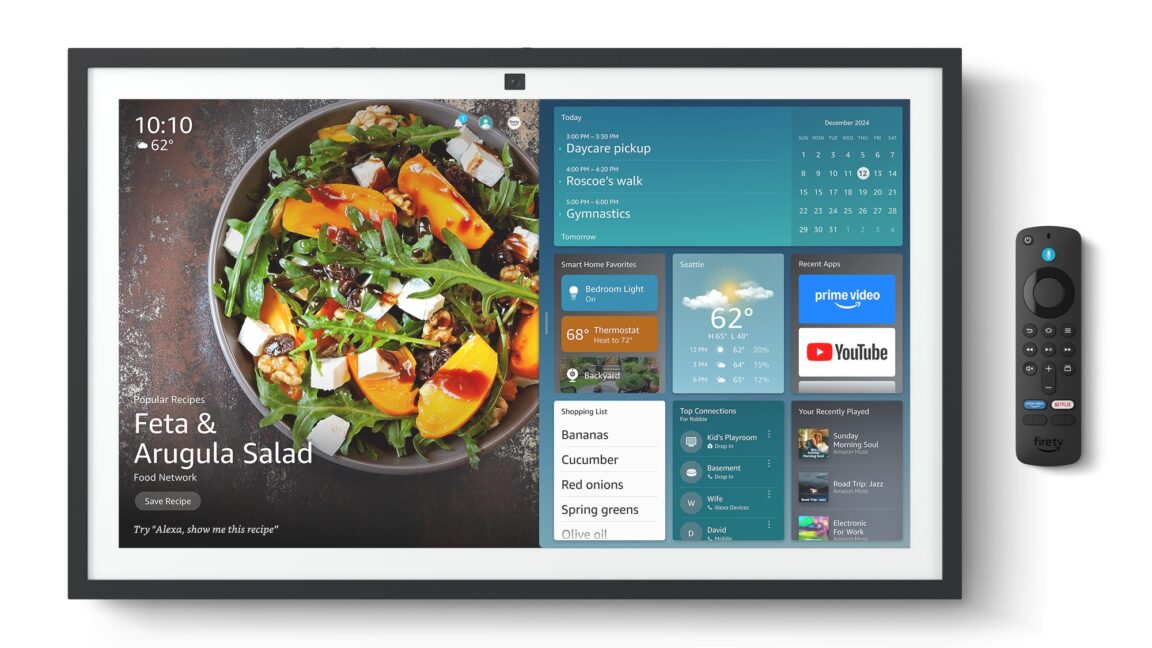Gambling
GambleAware study suggests public support for gambling advertising restrictions

According to a survey by GambleAware, almost three-quarters of British consumers believe there should be more regulations for gambling advertising, with two-thirds saying that there are currently too many adverts.
Published today (27 June), the report focuses on the barriers to opening up about problems with gambling. GambleAware worked with Ipsos on the research, with the results based on the responses of 4,207 adults.
Among the stand-out findings was an apparent desire for greater regulations on gambling advertisements. Some 74% of respondents would support more regulation for social media and 72% television.
GambleAware also noted 67% of consumers agreed there are too many gambling adverts, with 66% concerned about the impact on children. A further 61% opposed using gambling logos on football shirts.
Advertising impact on gambling harm
The report also flagged concerns about the impact of adverts on gambling habits. Some 24% of respondents who have gambled in the past 12 months took gambling-related action after seeing an advert.
However, this increases to 79% among those experiencing problems related to gambling. Of those in this category, 54% say adverts make it hard for them to cut down their gambling. In addition, 51% say adverts make it difficult to watch professional football without wanting to place a bet.
“Exposure to gambling advertising normalises gambling, and makes it seem like just ‘harmless fun’ without showing the risks of gambling addiction and harm,” GambleAware chief executive Zoë Osmond said.
“This is why we have published our new report, to call on the next government to do more to regulate gambling advertising, particularly around sport where children and young people can see it.”
What steps should be considered?
As to how gambling advertising can be made safer, GambleAware put forward a series of recommendations.
These include a pre-watershed ban on broadcast advertising across television, radio and video on demand. This, it said, would build on the current, voluntary whistle-to-whistle advert ban, with this only covering around 2% of all broadcast gambling ads.
GambleAware is also calling for all adverts to include independent evidence-led health warnings with effective signposting to support. This, it says, will help direct those who need support to the relevant places.
There is also a suggestion to ban gambling marketing at sports events, including the removal of sponsorships from sports clothing, merchandise and the wider stadium. Premier League clubs have already agreed to drop gambling logos from their shirts from the 2026-27 season onwards, with GambleAware now advocating for a wider ban.
GambleAware flags barriers to support
Aside from advertising, the report also looks at the barriers to seeking help for gambling-related harm. GambleAware found 64% of respondents who have experienced a problem with gambling have not spoken to anyone about it.
Some 39% in this group said reasons related to stigma and discrimination have put them off speaking with someone. Main barriers include feeling ashamed or guilty (17%) or worried others would judge them (13%).
Separately, 24% have not spoken to someone as they felt able to deal with the problem themselves. Other findings include 67% speaking with someone within 12 months of identifying their problem. Around 28% waited over a year.
However, of those who did speak with someone, 76% said they felt better as a result of this. In addition, 63% believed they would have felt better if they had spoken to someone sooner. The main motivations for opening up include gambling negatively impacting their mental health (23%), negatively impacting finances (22%) and wanting support (21%) to stop.
As for the game types seen by those surveyed as most addictive, instant win games topped the list with 71% agreeing it is addictive. Some 64% said scratch cards are addictive.









